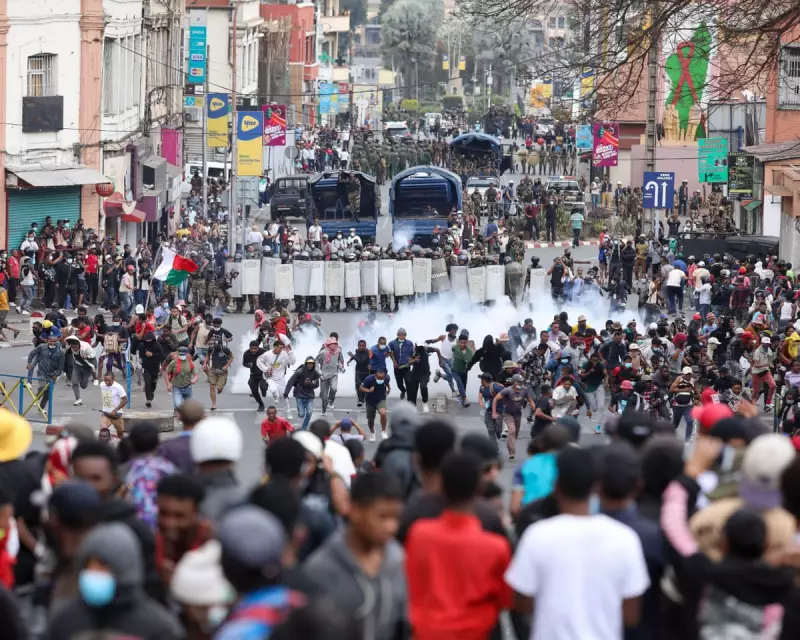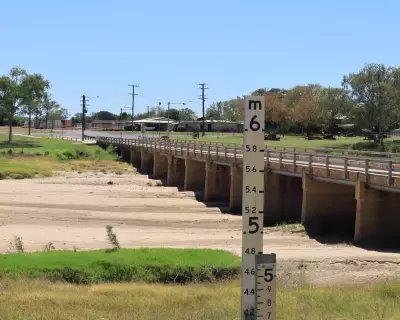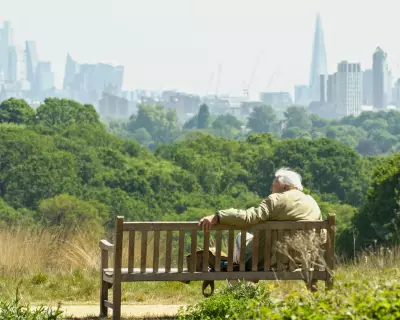
Madagascar's capital has become the epicentre of a revolutionary youth movement as thousands of Generation Z protesters vow to maintain their occupation of Antananarivo's streets until President Andry Rajoelina resigns from office.
'We Have Nothing Left to Lose'
In an extraordinary display of people power, young Madagascans aged 15-25 have transformed the political landscape, organising through encrypted messaging apps and social media platforms. Their movement represents the largest challenge to Rajoelina's authority since his controversial re-election.
"They call us the 'crisis generation', but we're becoming the 'change generation'," declared 22-year-old student leader Mia Rakoto, standing amid crowds waving the national flag. "We've watched our future disappear while politicians enrich themselves. This ends now."
Economic Collapse Fuels Youth Anger
The protests erupt from deepening desperation:
- Youth unemployment has soared above 85% in some regions
- Inflation has made basic food staples unaffordable for ordinary families
- Chronic power cuts lasting 12+ hours daily have crippled businesses
- Education and healthcare systems face near-total collapse
"When you have nothing, you fear nothing," explained 19-year-old protester Jean Claude, who walked 30 kilometres to join the demonstrations. "That makes us more dangerous to the regime than any political opposition."
Government Response Fuels Further Outrage
Rajoelina's administration has alternated between dismissiveness and confrontation, initially labelling protesters as "misguided youth" before deploying riot police and implementing internet restrictions.
These measures have only strengthened the protesters' resolve. The movement has developed sophisticated communication networks to bypass government shutdowns, while volunteer medics provide first aid and food stations sustain the round-the-clock demonstrations.
A New Chapter in African Youth Activism
Analysts observe that Madagascar's Gen Z activists are writing a new playbook for political change in Africa. Unlike traditional opposition movements, they operate without formal leadership structures, relying instead on horizontal organisation and digital mobilisation.
This represents a fundamental shift in Malagasy politics, where youth have traditionally deferred to elder statesmen. Now, as one banner in the crowd proclaimed: "The children are teaching the fathers."
With both sides refusing to back down, Madagascar stands at a critical juncture. The world watches as this Indian Ocean nation's youth challenge the very foundations of political power, determined to reclaim their future at any cost.





